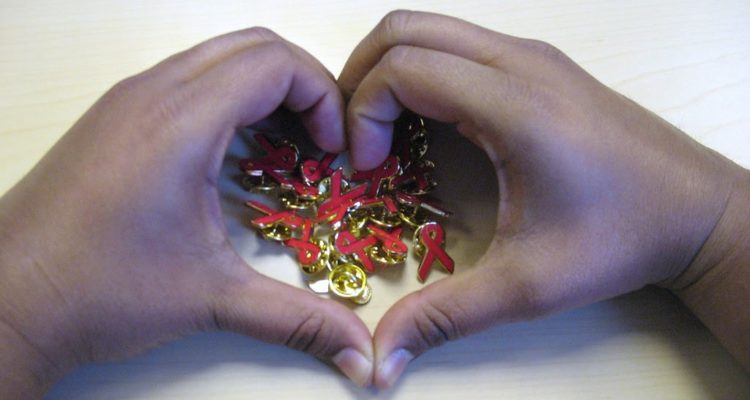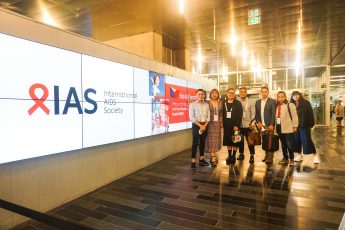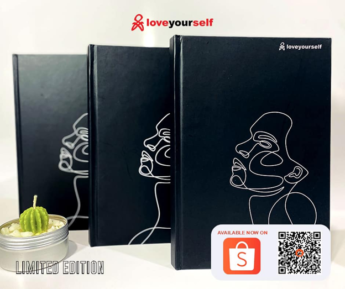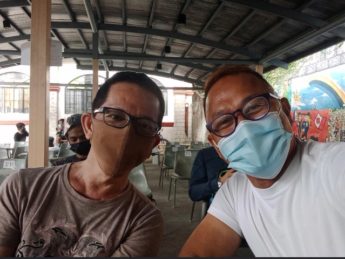On 20 December 2018, President Rodrigo Duterte signed into law Republic Act (RA) No. 11166 otherwise known as the “Philippine HIV and AIDS Policy Act” which repeals RA No. 8504 or the “Philippine AIDS Prevention and Control Act of 1998.” Among the revisions made in the new law is that minors aged 15 to below 18 years old can now be tested for Human Immunodeficiency Virus (HIV) without parental / guardian consent.
Under Article IV, Section 29 of the new law, “If the person is fifteen (15) to below eighteen (18) years of age, consent to voluntary HIV testing shall be obtained from the child without the need of consent from a parent or guardian.” It also states that “any young person aged below fifteen (15) who is pregnant or engaged in high-risk behavior shall be eligible for HIV testing and counseling with the assistance of a licensed social worker or health worker. Consent to voluntary HIV testing shall be obtained from the child without the need of consent from a parent or guardian.”
The lowering of age to allow HIV testing without parental or guardian consent is keeping with the World Health Organization (WHO) pronouncement that minors should be able to access HIV testing without any form of pressure or coercion. Given this, the willingness of a minor to undergo voluntary HIV testing should be given equal weight as that of an adult.
In such cases, health workers have a duty to assess the maturity and ability of a minor to decide. Each person getting tested should have the capacity to recognize and understand the benefits and consequences of an HIV test. Also, the health worker should give an opportunity for the minor to discuss their willingness to undergo HIV testing alone.
More importantly, Section 29 responds to the rising cases of HIV infection among minors. According to the February 2019 HIV/AIDS and ART Registry of the Philippines published by the Department of Health – Epidemiology Bureau, HIV infection among the age group of 15 – 24 nearly doubled from 17% in the ten-year period of 2000-2009 as compared to the last ten-year period (2010-2019) at 29%. From January 1984 to February 2019, the following are the total HIV infection among minors per age group:
| Age Group | Number of Reported HIV Infection* |
| 15 – 17 years old | 328 |
| 10 – 14 years old | 19 |
| Less than 10 years old | 166 |
February 2019 HIV/AIDS and ART Registry of the Philippines
In an interview with CNN Philippines, Rep. Ron Salo, co-author of the House of Representative version of the bill, sees the enactment of the new law as the Government’s initiative to protect the young from getting infected with HIV. Rep. Salo also told the network that he believes that the young should be afforded basic protection and care from public health dangers, such as contracting HIV, for they are considered vulnerable populations.
Albert Muyot, chief executive officer of Save the Children Philippines in an interview with Philippine Star, views the new law as a way for minors to be more self – empowered to know their HIV status without the fear of disclosing this to their parents and guardians. Muyot welcomed the signing of the law as the Government’s way of ensuring that all families are protecting and nurturing the health care of the young which is consistent with the United Nations Convention on the Rights of the Child.
Parents’ Insights
A few parents were interviewed to get their insights about the law.
From a mother’s perspective, their children should still inform them before they get tested for HIV since they are still young to understand the repercussions of an HIV test and its possible result. Joy del Rosario, mother of two daughters aged 8 and 13 years old, believes that she still want to be informed if her kids get themselves tested for HIV. She thinks that they are still minors, and need all the support and guidance from their responsible guardian. But she will not prevent or stop her kids from being tested.
On the other hand, the fathers who were interviewed feel that it is better to allow HIV testing for 15 years old and 18 below without parental/guardian consent since this would help take away the awkward feeling minors might have if their parent/guardian were informed of their HIV testing and allow them to be more open to a health worker about their sexual behavior during the test. Johndale Regio, a father to a 10-year old boy, sees nothing wrong with minors getting themselves tested for HIV without parental/guardian consent. Regio pointed out that youth of today are very aggressive and exposed to sexual activity at a young age.
Nevertheless, all parents felt that there should be a solid sex education among minors so that they get the right information and make a conscious effort to protect themselves from possible HIV exposure. But it would be best if matters of sexuality can also be discussed between the parents and the child, so that they are guided properly and lovingly. In this sense, minors who engage in such activities are guided properly on the risks that they may get into.
Hurdles in Implementation
As of this writing, the implementing rules and regulations of the new law have yet to be released. However, there are ongoing discussions among stakeholders, especially with organizations involved in the HIV and AIDS prevention on the implementation of the amended law. All concerned sectors and institutions should work double time as there is an immediate need to implement the law, since more minors are getting exposed to HIV at a faster rate.
Among other things, a comprehensive sex and sexuality education in schools is crucial in addressing the HIV and AIDS crisis in the country. It is important to include concrete steps that a minor can take in order to protect themselves from possible HIV and STI infection, and prevention of unplanned pregnancy. Increasing access to sexual health information can help remove the stigma about HIV and the relative misconceptions about the virus.
In the absence of a formal sex education in schools, parents and guardians play a crucial role in educating their children about sex and the prevention of STIs including HIV. Parents and guardians should be equipped and able to provide their children the correct and reliable information about sex. Another important note is that sex and its related topics should be openly discussed among families that’s free of any judgement or bias.
LoveYourself offers free HIV testing and counseling services in its clinics. For more information, click here.
Text by Ronald C. Bugarin
Individual photos provided by interview respondents
Featured image sourced from Flickr
HIV Stakeholders photo sourced from PIA




